A 600-year-old Qur’an manuscript will be showcased in Uzbekistan’s mega project
Within the framework of the activities of the Islamic Civilization Center in Uzbekistan, the ongoing scientific, practical, and cultural projects have become an essential part of the country’s spiritual revival. Among them, one of the most responsible and remarkable undertakings has been the restoration of the magnificent Qur’an manuscript commissioned by Amir Temur. This project not only holds immense historical value but also vividly reflects our people’s deep respect for their roots and their grand civilizational heritage.
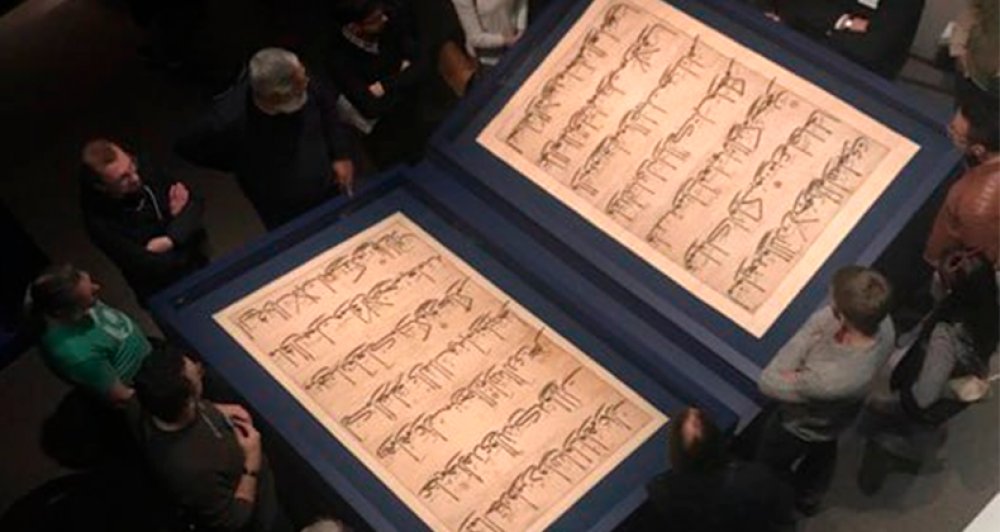
It is well known that museums and academic centers around the world preserve rare artifacts from the Timurid era. One such artifact is a Qur’an folio that had been exhibited at the Metropolitan Museum of Art in New York, copied in the 14th century by the calligrapher Umar Aqta upon a special royal commission.
Research conducted by experts confirmed that this unique heritage indeed belongs to the Timurid period. Following this verification, the project was officially approved, launched on a scientific and practical basis, and received the necessary institutional support.
The restoration process: a harmony of dedication, mastery, and craftsmanship
The process was far from simple. Each page, measuring 2.3 by 1.3 meters, was produced in strict accordance with the delicate requirements of ancient manuscript restoration traditions. Special materials were brought from Russia, and the paper was treated using traditional methods with mixtures of tea, starch, and natural substances. Such techniques demand not only artistic skill but also great experience and perseverance.
The text was written in the Muhaqqaq and Rayhani scripts — styles widely used in the scientific and religious works of Amir Temur’s era. Every letter, ornament, and compositional proportion was reconstructed based on historical sources.
Recreating an entire Qur’an from a single surviving folio required an extraordinary blend of calligraphy, historical research, and patience. According to the specialists involved, the aim was not merely to produce a copy but to revive the spirit of the Timurid age its grandeur, cultural brilliance, and reverence for knowledge and art.
Amir Temur’s reign marked a period of immense intellectual, architectural, artistic, and administrative flourishing in the history of our homeland. The restoration of this Qur’an manuscript vividly embodies the moral and spiritual power of that glorious era.
Historians and Islamic scholars have confirmed that this manuscript indeed dates back to the time of Amir Temur.
The unique work, copied by calligrapher Najmiddin Fayoziy, known as the “Qur’an of Amir Temur”, will occupy a prominent place in the exhibition of the Islamic Civilization Center. This remarkable display invites modern generations to study history and Islamic heritage through original sources.
Furthermore, this year the Center acquired, through the prestigious international auction “Sotheby’s”, a fragment of the Qur’an copied by Umar Aqta during the reign of Amir Temur.
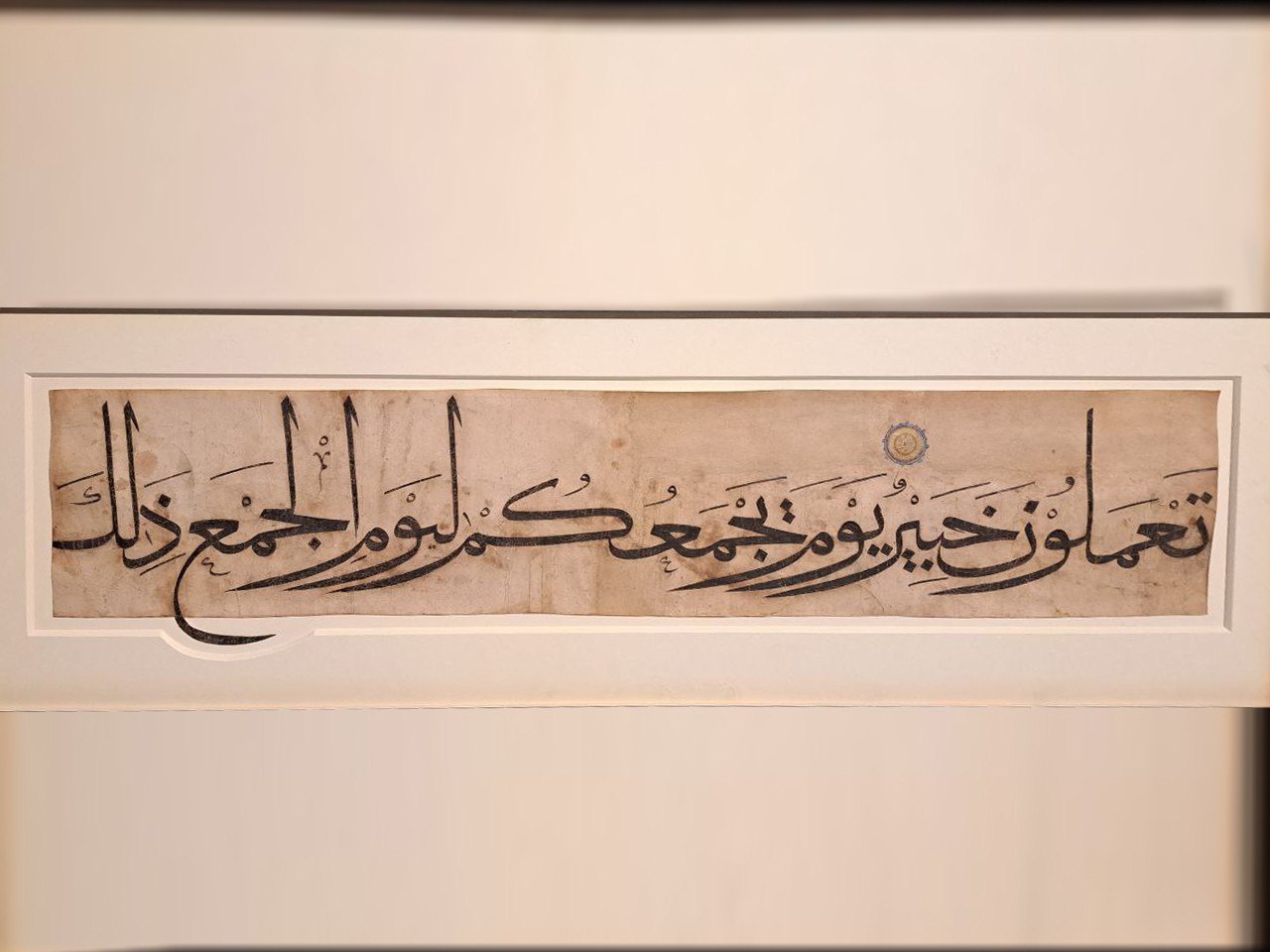
Beyond Islamic manuscripts
Within the Center’s scope of activity, not only Islamic manuscripts but also documents illuminating the diplomatic and cultural relations of Amir Temur’s era are being studied. For this purpose, the correspondences between Amir Temur and King Charles VI of France have been reexamined and reproduced. These letters serve as significant sources for studying the cultural and political relations of medieval states.
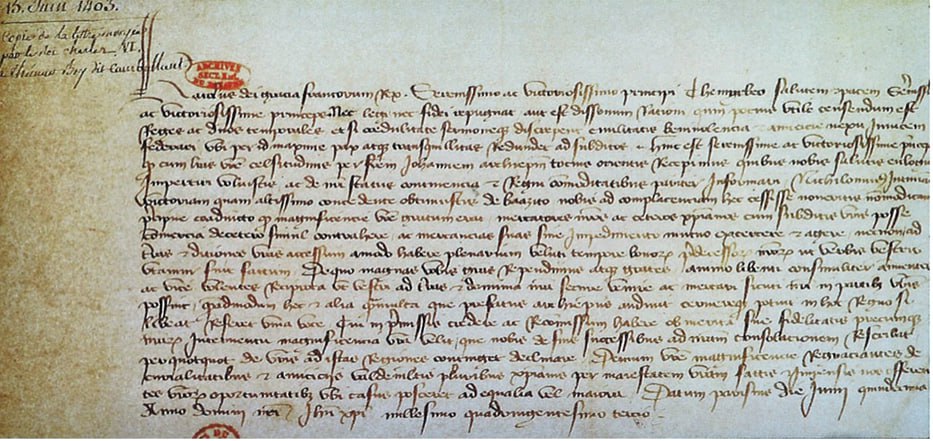
History records that the Spanish ambassador Ruy González de Clavijo visited Samarkand in 1404 and personally met Amir Temur. In his work Embassy to Samarkand, he describes Temur as a just ruler and a patron of knowledge and enlightenment. Based on these correspondences, a collectible edition was produced through the collaboration of the Islamic Civilization Center and the World Society for the Study, Preservation and Popularization of the Cultural Legacy of Uzbekistan (WOSCU). This publication further strengthens the international appreciation and recognition of Amir Temur’s personality and empire.
Most read
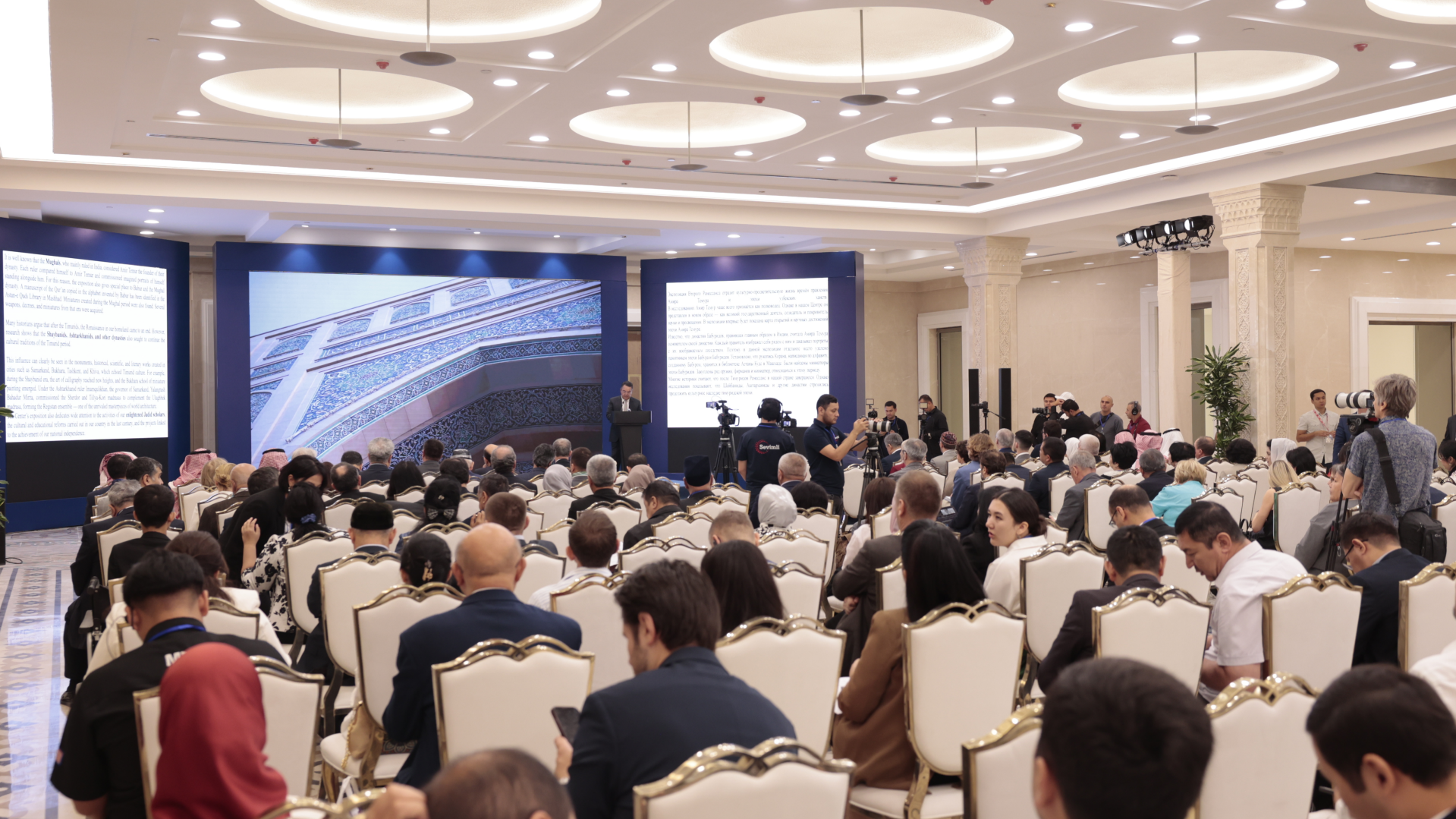
Over 100 experts from more than 20 countries of the world are in Tashkent!
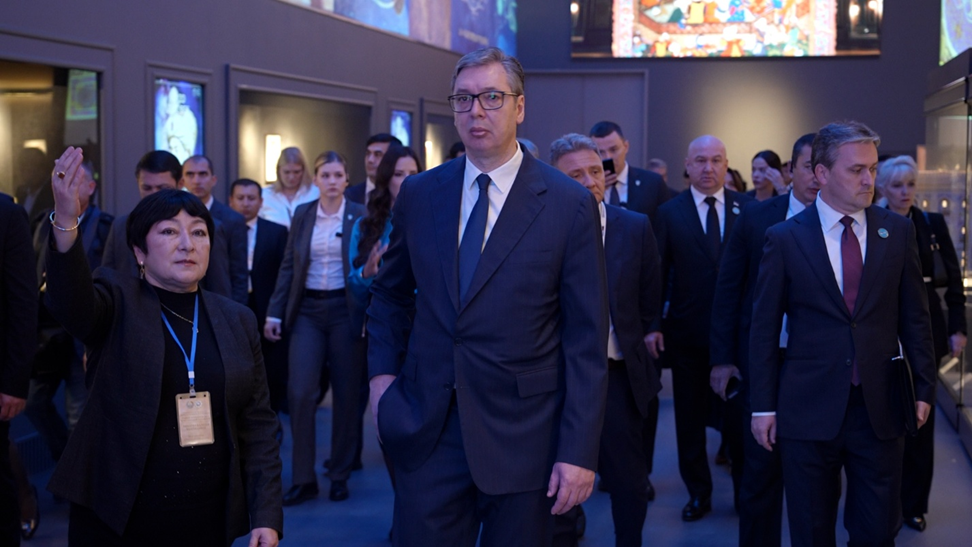
President of Serbia Aleksandar Vučić visited the Islamic Civilization Center in Uzbekistan
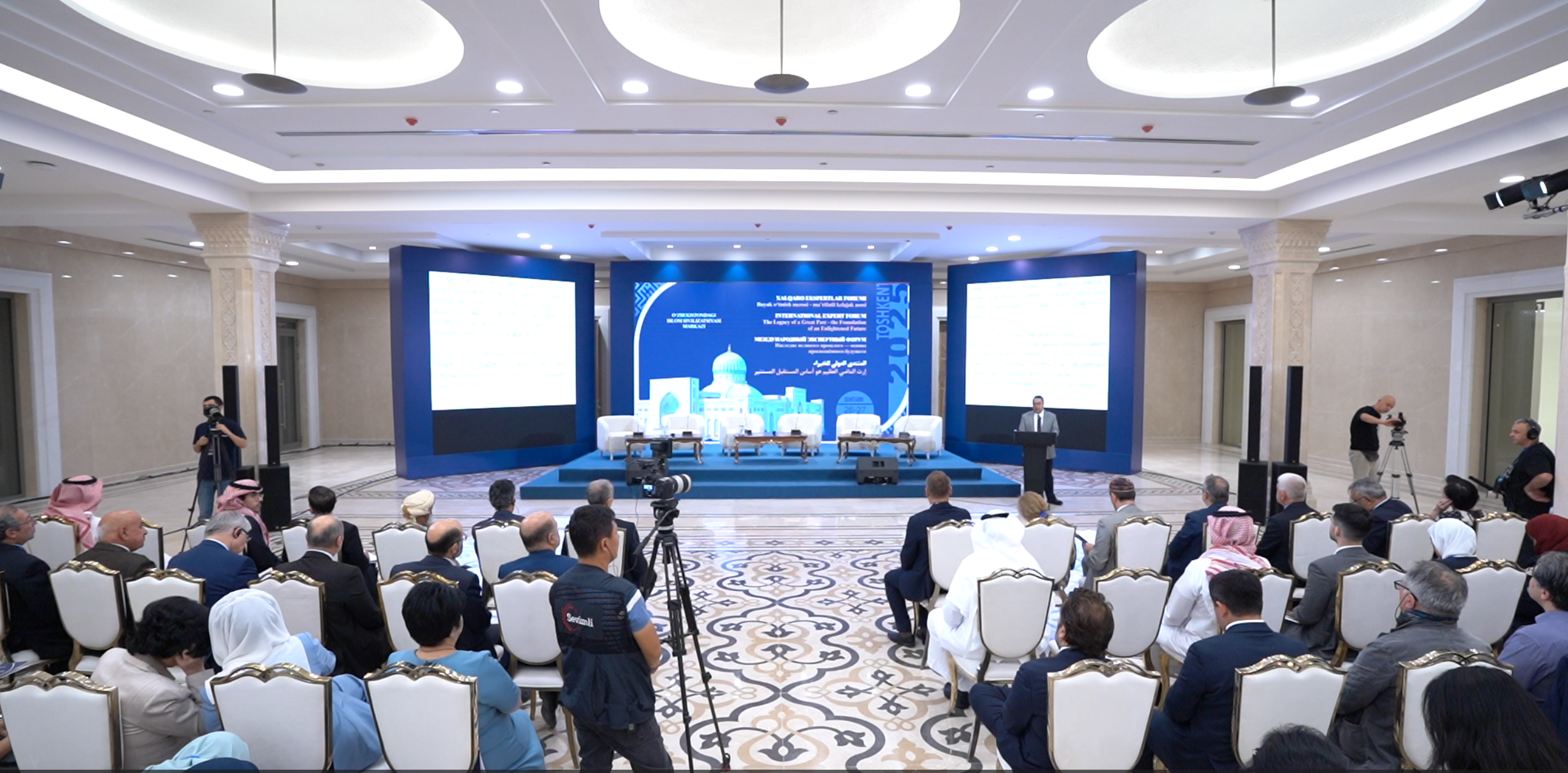
The Center for Islamic Civilization – a global platform leading towards enlightenment











